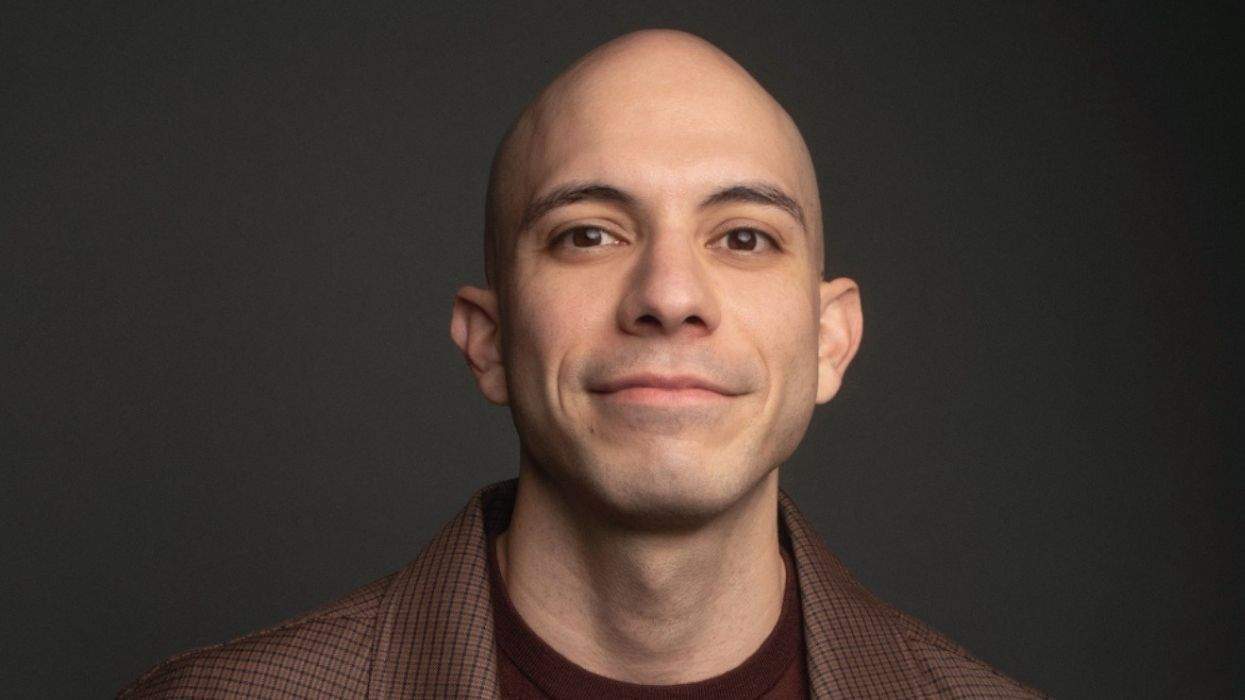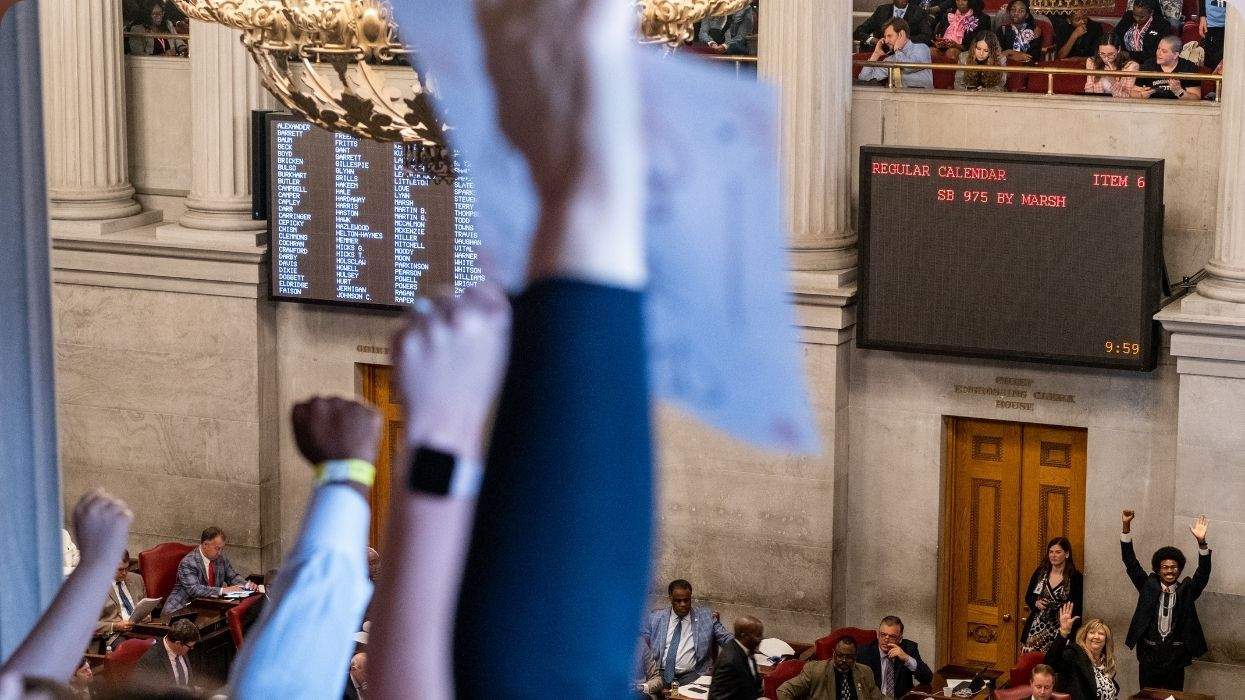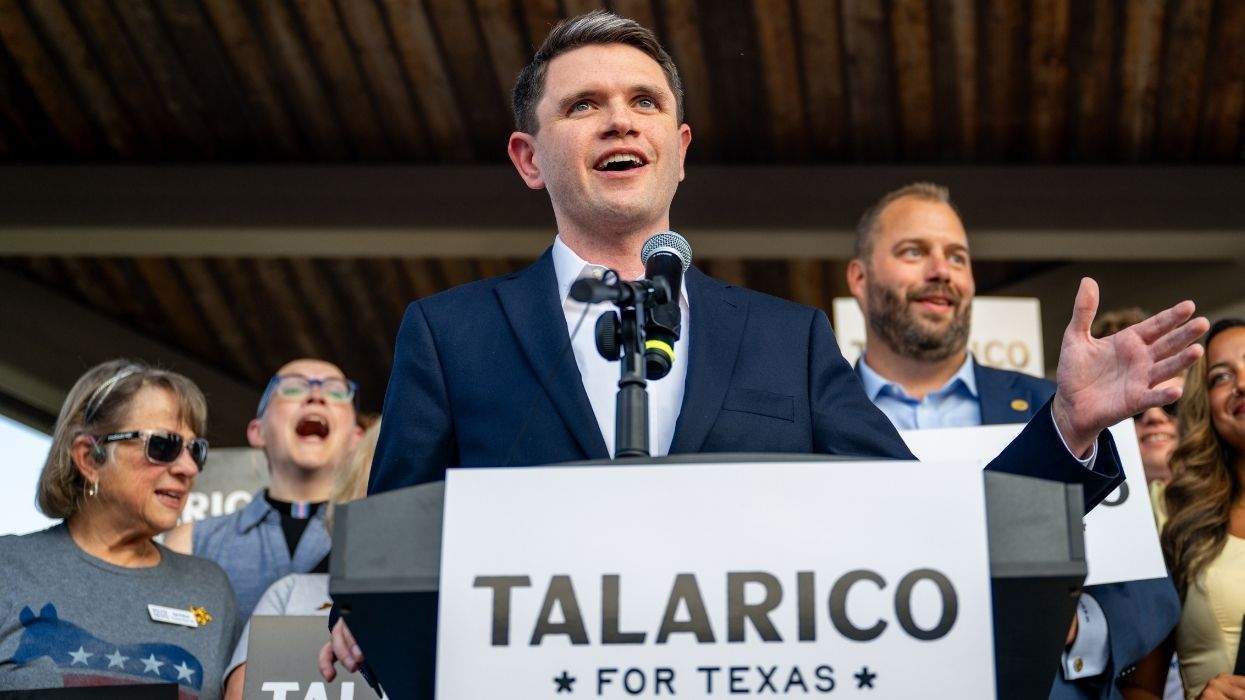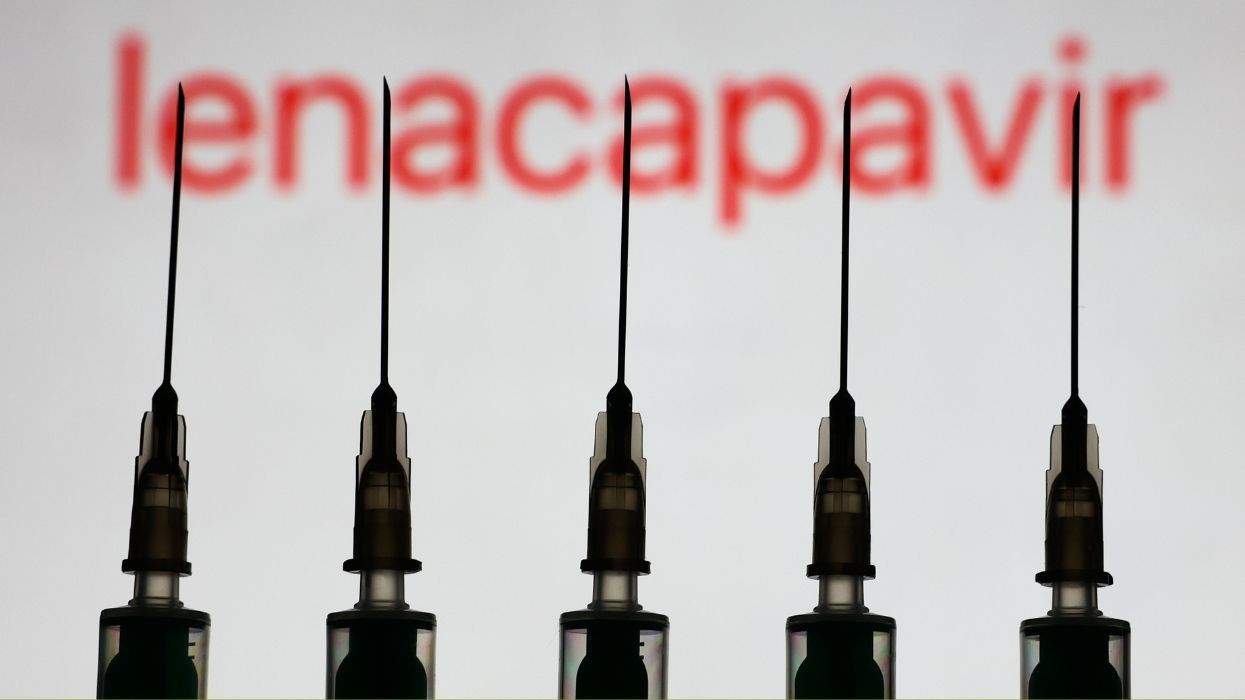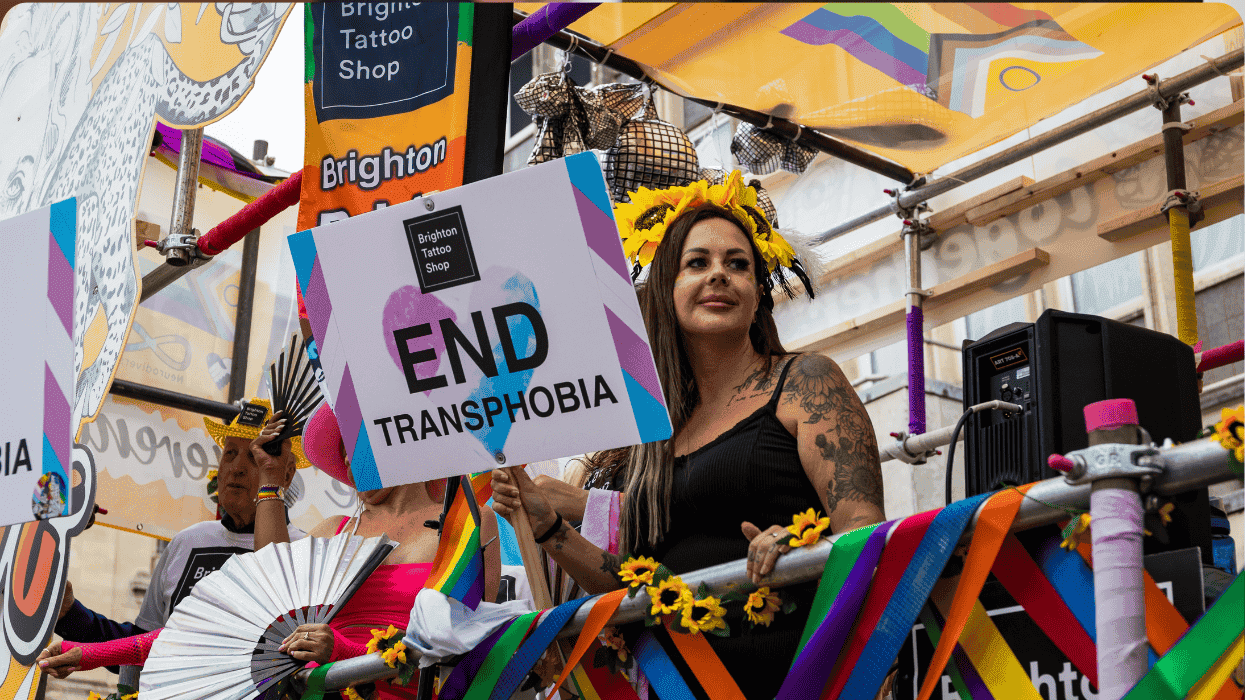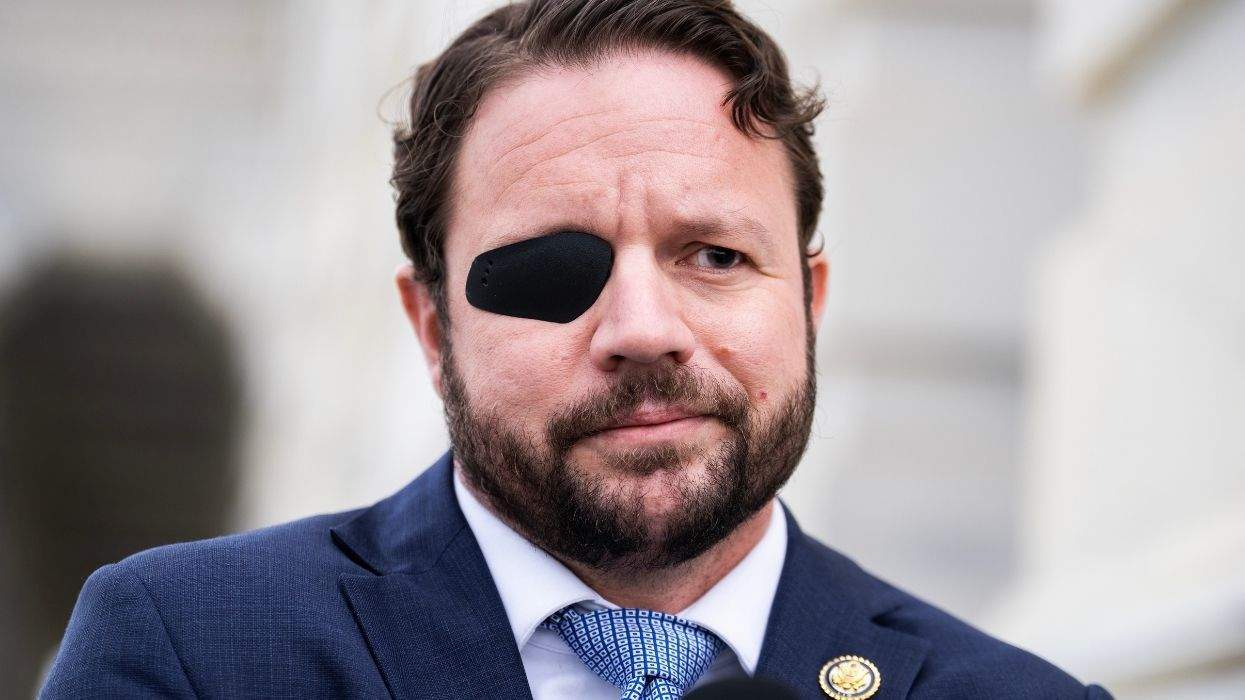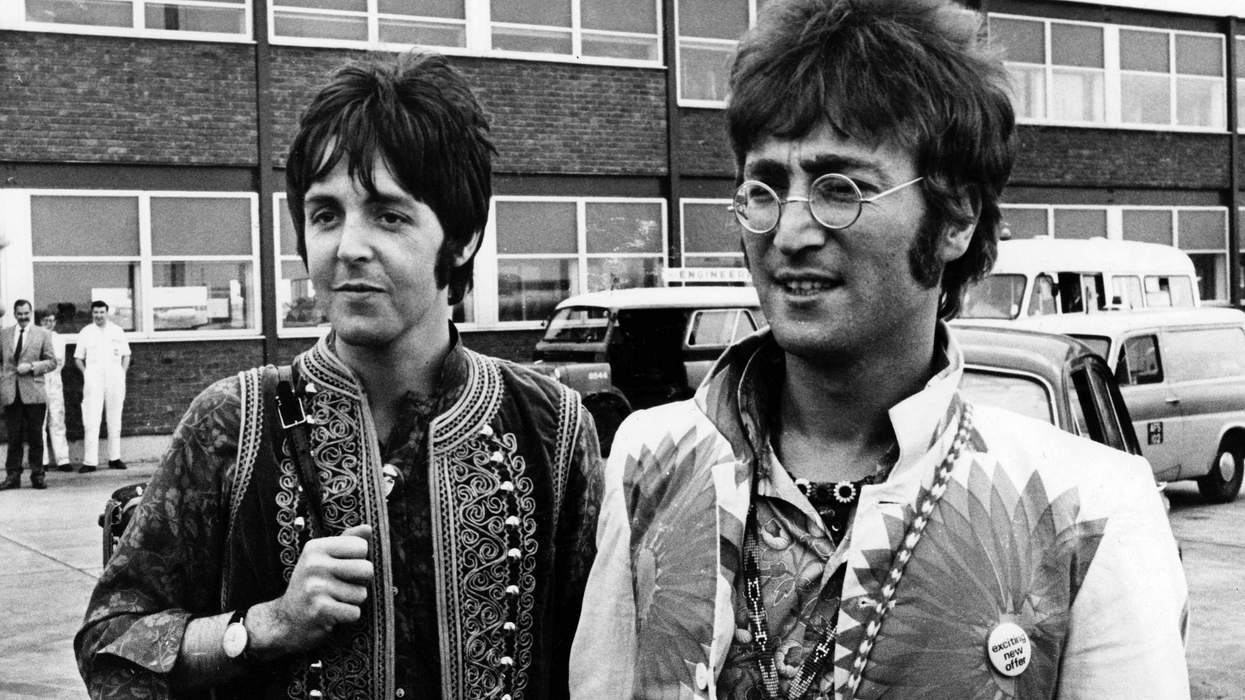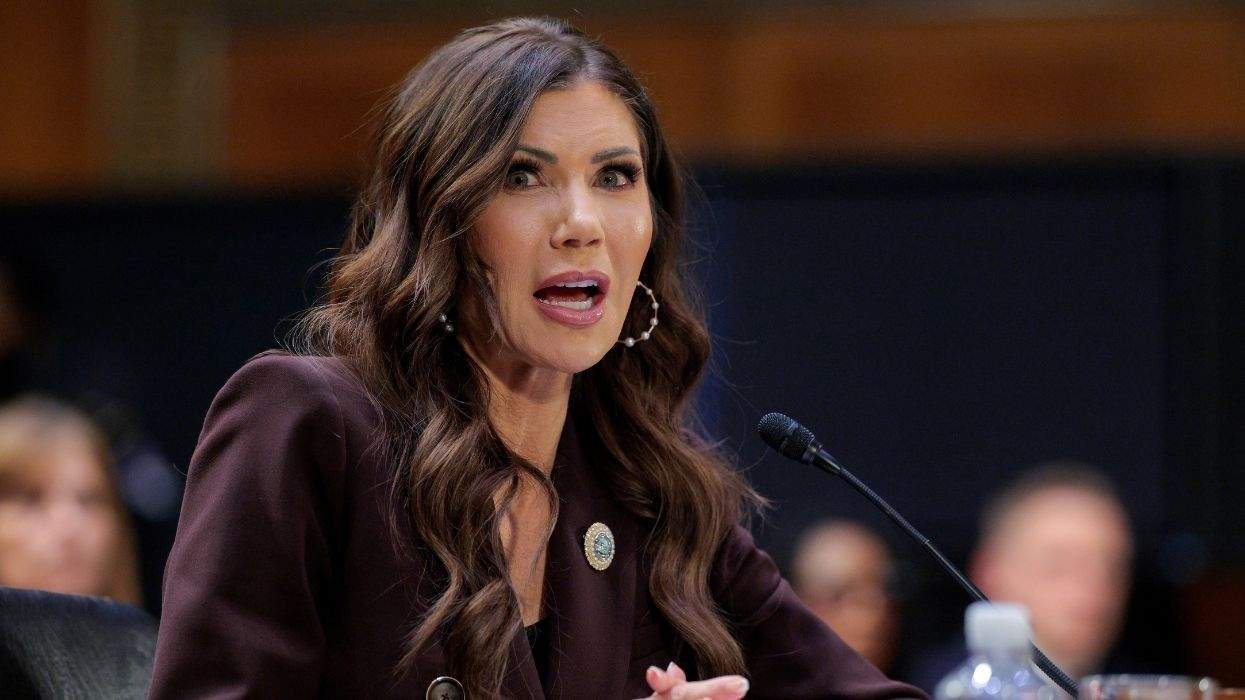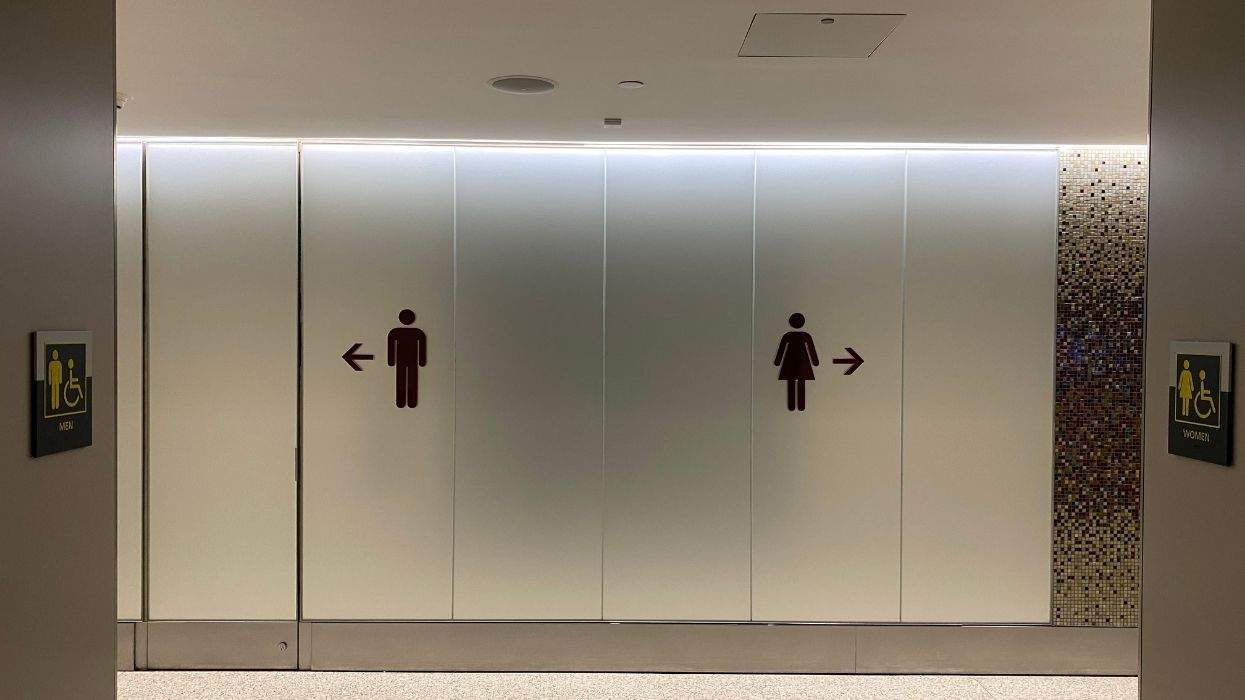In the wake of the recent death of ABC News anchorman Peter Jennings from smoking-related lung cancer, the quit-smoking program at the New York City Lesbian, Gay, Bisexual, and Transgender Community Center, like many other programs around the country, has seen a significant increase in the volume of calls from people seeking help to quit--something the media has dubbed the "Jennings effect."
Reflecting on the impact of Jennings's death, I am reminded of another Peter I knew, who struggled with his own demons, including smoking. I met this Peter in 1989. He was a 40-year-old gay man and a client of mine in the center's substance abuse program, Project Connect. Peter was a survivor: He had survived coming out in his small Midwestern high school; getting himself to New York, where he could pursue a successful career in fashion; and fighting and winning his battle against alcoholism. He had been sober and in recovery for several years when he was diagnosed with AIDS.
In those days there were very few effective medical interventions, and Peter quickly succumbed to chronic lung infections, including several bouts of pneumocystis pneumonia. Peter was seeing me for help with the stress of living with AIDS, to prevent a relapse to alcoholism, and to cope with the invasive treatments. These treatments consisted of very stressful respiratory infusions. Peter would go for the treatment, and immediately after he would go outside and light a cigarette.
Around the same time, a report was released in a British medical journal showing no relationship between cigarette smoking and rapid progression to AIDS in a group of HIV-positive gay men. The preliminary results of that study gave permission to a lot of stressed-out gay men living with HIV to continue smoking. Even I was hesitant at that time to insist that Peter give up his remaining source of comfort--his cigarettes.
Peter subsequently died of HIV-related respiratory failure.
Today, we know a lot more about the relationship between smoking and illness, particularly the impact on people living with HIV/AIDS. Despite our knowledge, far too many LGBT and HIV-positive people continue to smoke. A lesbian with a family history of breast cancer, a gay man living with HIV, or a transgender teen who is taking hormones--each uses smoking as an outlet to relieve stress or sometimes to just look "cool." While the risk of continuing to smoke is obvious, for most of us quitting is easier said than done. Nicotine is a highly addictive substance, with similarities in its addictive properties to that other drug involved in a current crisis, crystal meth. Smoking cigarettes is a highly effective and relatively cheap nicotine delivery system.
We are also a community that struggles: with the onslaught of stigma, discrimination, ongoing attacks from the Right, and the lack of consistent inclusion of our issues by the mainstream Left. So giving up the cheap and legal drug that acts as a sedative, a stimulant, and a defense against all the stressors we face still eludes the more than 30% of our population who smoke. In addition, the tobacco companies, although taking a much lower profile these days, still tempt LGBT organizations hard-pressed for cash with promises of corporate underwriting in exchange for adding a smoking lounge promoting their product at an LGBT event or festival. As recently as last year, the LGBT Center was approached by a major tobacco company with an offer of corporate support for our youth program. They are no fools and have some nerve: Smoking rates among LGBT youth are reportedly at 59%, versus 25% for the general youth population.
So what do we do about all of it? The good news is that there is a cadre of antitobacco researchers, health advocates, and cessation experts among LGBT people who have been working very hard and in collaboration with one another over the past five years to develop and implement a national action plan to combat tobacco dependence in our communities. Also, with support from the American Legacy Foundation to initiate LGBT tobacco-cessation services, we have been able to develop a network of prevention and cessation services around the country to assist LGBT and HIV-positive people to get support to quit.
But the motivation to quit has to go beyond personal and individual health concerns. We have known for many years that the tobacco industry, while courting LGBT organizations with promises of small donations, has spent millions funding those very politicians who oppose our civil liberties and our rights to equal protection and equal access. Recently the LGBT community, through the National Coalition for LGBT Health, joined other minority organizations in filing an amicus brief to the current Justice Department suit against the tobacco industry. This brief claims damages for years of targeted marketing to minority communities, including ours, when the industry knew full well the damage tobacco would do. The current administration in Washington has been under fire for undermining its own Justice Department suit by attempting to settle the suit for approximately 10% of the total.
I quit smoking 12 years ago with lots of help and support from this community. As a passionate ally for LGBT justice and civil rights, I implore my LGBT and HIV-positive brothers and sisters who are still smoking to reach out and get help to quit, and in doing so, be an activist! Quit as a political statement--I guarantee you will feel better, breathe better, and save lots of money.
Peter Jennings died far too young, but his legacy of inspiring thousands of people to quit over the last few weeks is a fitting tribute to his life. So let 's also remember my former client Peter and be inspired in his memory and the memory of all our fallen brothers and sisters. And let's do something about it.

